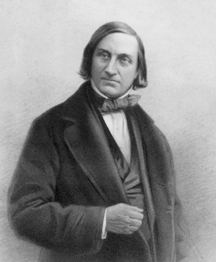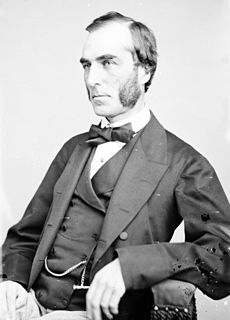A Quote by Bjarke Ingels
You can say, like, planet Earth has an existing geology, and what we do as human beings and as architects is that we try to sort of alter and modify and expand the geology.
Quote Topics
Related Quotes
Astronomy concerns itself with the whole of the visible universe, of which our earth forms but a relatively insignificant part; while Geology deals with that earth regarded as an individual. Astronomy is the oldest of the sciences, while Geology is one of the newest. But the two sciences have this in common, that to both are granted a magnificence of outlook, and an immensity of grasp denied to all the rest.
The writing process for a short story feels more like field geology, where you keep turning the thing over and over, noting its qualities in detail, hammering at it, putting it near flame, pouring different acids on it, and then finally you figure out what it is, or you just give up and mount it on a ring and have an awkward chunky piece of jewelry that seems weirdly dominating but that you for some reason like. I could be wrong about field geology here.
Pressure, no doubt, has always been a most important factor in the metamorphism of rocks; but there is, I think, at present some danger in over-estimating this, and representing a partial statement of truth as the whole truth. Geology, like many human beings, suffered from convulsions in its infancy; now, in its later years, I apprehend an attack of pressure on the brain.
If catastrophic geology had at times pushed Nature to almost indecent extremes of haste, uniformitarian geology, on the other hand, had erred in the opposite direction, and pictured Nature when she was 'young and wantoned [sic] in her prime', as moving with the lame sedateness of advanced middle age. It became necessary, therefore, as Dr. [Samuel] Haughton expresses it, 'to hurry up the phenomena'.
The existing and long-standing use of the word 'evolution' in our state's textbooks has not adversely affected Georgians' belief in the omnipotence of God as creator of the universe, There can be no incompatibility between Christian faith and proven facts concerning geology, biology, and astronomy. There is no need to teach that stars can fall out of the sky and land on a flat Earth in order to defend our religious faith.








































